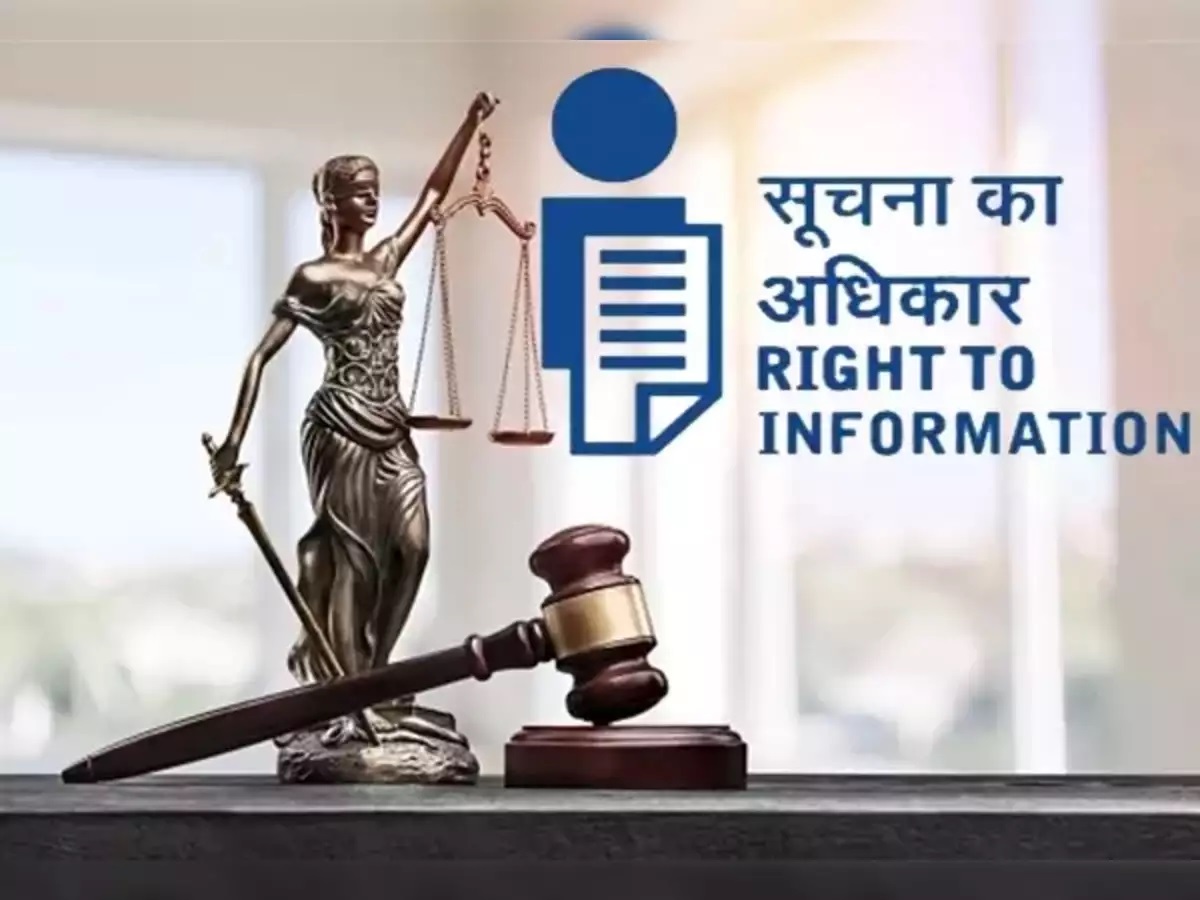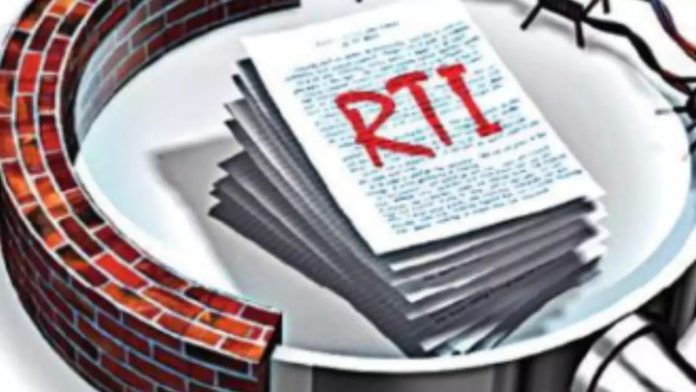- As you are aware, the Right To Information Act (RTI) is an act to provide for setting out the practical regime of the right to information for citizens to secure access to information under the control of public authorities, to promote transparency and accountability in the working of every public authority. The RTI Act was passed in the year 2005. The idea behind the introduction of the Act is to allow Indian citizens to seek any accessible information from a public authority and make the Government and its functionaries more accountable and responsible. The moot point to ponder over here is whether the RTI Act has succeeded in living up to its stated objectives ever since its introduction. The answer must be a mixed one. Let’s delve into discerning the matter at hand.

PC: The Economic Times
- What was touted as a considerably informative tool for the benefit of the Indian citizens vis-à-vis government information has gradually turned out into an Act mired with several restrictions subsequently. Agreed, some of the sensitive national security information is not required to be shared for public consumption. However, the way our political class has eroded the sanctity of the Act itself by excluding several key areas for public consumption has completely diluted the core reason of the RTI itself. So many restrictions have been imposed on the RTI Act that it no longer remains what it was originally intended to be. It simply makes no sense when even a reply on the much-touted Cheetah project from the Madhya Pradesh government goes unanswered.
- MP govt’s reply on the Cheetah project shows how RTI is endangered. No one seems interested in conservation. The extent to which India’s transparency law has been robbed of vitality is evident in the MP government’s recent refusal to provide info on Project Cheetah on an RTI application. It cited an exemption clause – that providing such info would prejudicially affect the sovereignty and integrity of Indian relations with foreign states. Seriously, is this even a reason to mention while denying information on the animal conservation project? It is nothing less than laughable, you see. As much as it is absurd, it also exemplified the breakdown of what was once conceived as a far-reaching law. RTI has been turned and twisted bit by bit over the years.

PC: The Indian Express
- Parliament passed its last tweak 5 years ago, on July 25, 2019 – nixing fixed terms for commissioners and their salaries, the Centre arrogated to itself the right to decide both. The measure of a transparency law is not only in its exposure of corruption – Adarsh to Vyapam – or social audits of govt schemes. It’s as much in the way governments, bureaucracy, and even courts systemically stifled it. Last year, RTI was permanently hobbled when the new data protection law blanket barred personal info from being shared. The idea of privacy was inexplicably expanded to deny info-how is privacy an issue when it concerns data about a public official on public duty using public money? RTI is a shadow of what it could be. Even Kuno’s cheetahs would agree.






